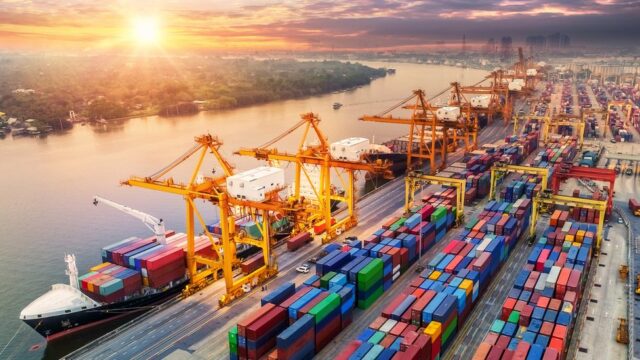The United Kingdom has joined the Comprehensive and Progressive Agreement for Trans-Pacific Partnership, which is termed the biggest trade deal since Brexit. The Comprehensive and Progressive Agreement for Trans-Pacific Partnership (CPTPP) is a free trade agreement between Australia, Brunei Darussalam, Canada, Chile, Japan, Malaysia, Mexico, Peru, New Zealand, Singapore, and Vietnam. The CPTPP was signed by 11 countries on March 8, 2018, in Santiago, Chile.
The UK has agreed to join an 11-country trans-Pacific trade pact to deepen ties in the region and build its global trade links after leaving the EU. The British Prime Minister has agreed to join the CPTPP and was quoted as saying, “We are at our heart an open and free-trading nation, and this deal demonstrates the real economic benefits of our post-Brexit freedoms.” This will help the UK to have a prime position in the global economy to explore opportunities for new jobs, growth, and innovation.
Britain has been looking to build its global trade ties following its withdrawal from the EU in 2020 and is a geographically distant but fast-growing economy. The UK is now at the centre of a dynamic and growing group of Pacific economies as the first European nation to join. The trade deal will have an overall effect of cutting tariffs on cars, spirits, and dairy products, which will boost the economy by 1.8 billion pounds each year in the future.
The historic deal comes after two years of intense negotiations by the Department of Business and Trade. The CPTPP is a bloc that is home to 500 million people and will be worth 15% of the global GDP after the UK joins. More than 99 percent of the goods exported from the UK will be eligible for zero tariffs, including key UK exports such as cheese, cars, chocolate, machines, guns, and whisky. The total UK exports to the CPTPP countries were already at £60.5 billion until the end of September 2022.
Japan’s economic minister mentioned the significance of Britain joining the pact, which will further promote free trade, open and competitive markets, and economic integration beyond the Pacific Belt. Ecuador, Costa Rica, and Uruguay have also applied for membership.









